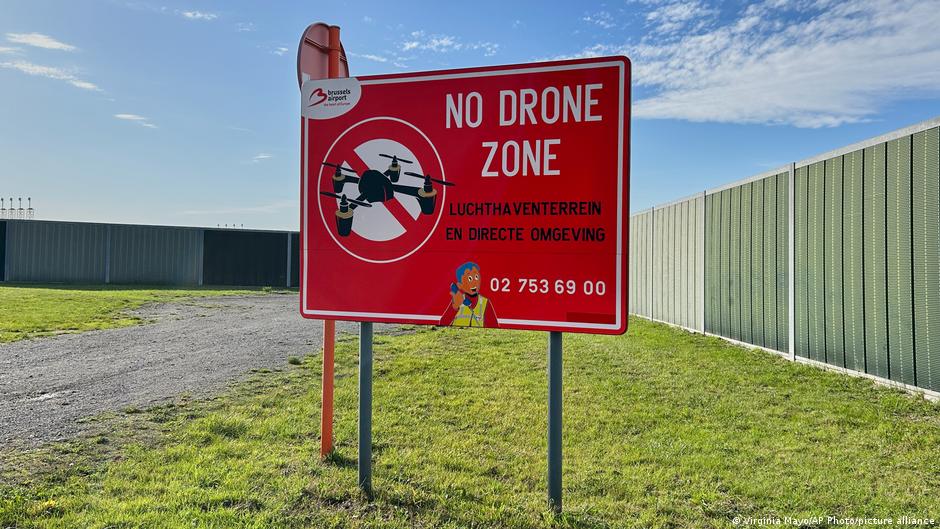Russia’s Network for Hybrid Warfare in Europe
Russia has established a network comprising agents aimed at executing its hybrid warfare strategy against Europe. Research indicates that this network merges governmental bodies with organized crime, recruiting Russian-speaking men who have criminal pasts to perform acts of sabotage.
Hybrid Operations as Central Strategy
The study contextualizes Moscow’s tactics within its broader war on Ukraine, asserting that these hybrid operations are fundamental to Russian strategy rather than peripheral actions. Researchers draw parallels with the methods of the “Islamic State” (ISIS), emphasizing a new crime-terror nexus orchestrated by Russia, unlike previous instances where non-state actors dominated recruitment.
Findings from Recent Study
The investigation, titled “Russia’s Crime-Terror Nexus: Criminality as a Tool of Hybrid Warfare in Europe,” was conducted by GLOBSEC and the International Center for Counter-Terrorism (ICCT). The authors presented their findings in Brussels during a session of the Special Committee on the European Democracy Shield (EUDS).
Sabotage Activities Since 2022
The report details 110 acts of sabotage and attempted attacks across Europe from January 2022 to July 2025, predominantly in Poland and France, executed by individuals connected to Russia. Of these incidents, 89 were successful, while 21 were thwarted.
Recruitment and Financial Incentives
Researchers identified 131 individuals, with around 35 having criminal backgrounds, recruited via criminal organizations or from prisons. The majority were male, averaging 30 years old, and largely Russian-speaking individuals from post-Soviet nations, motivated by financial rewards for their activities ranging from minor vandalism to serious attacks.
Illicit Financial Tactics
The study indicates that Russia’s hybrid operations are deeply intertwined with illicit finance and methods to evade sanctions. These shadow financial operations help move resources covertly, pay operatives, and sustain Russia’s war economy, while embedding criminal networks in the warfare strategy.
Recommendations for EU Action
The study proposes various measures for the EU, including enhancing monitoring of online platforms, especially Telegram. It stresses the need to redefine “hybrid threats” to effectively address the role of non-state actors. The authors advocate for stronger public-private cooperation and increased investment in Europe’s internal security to mitigate these emerging threats.



